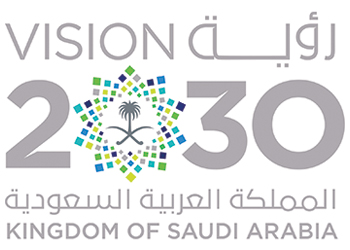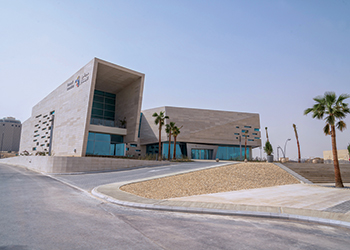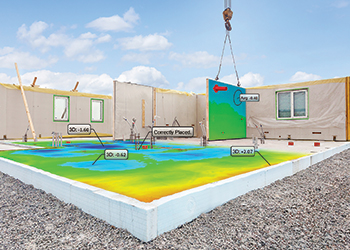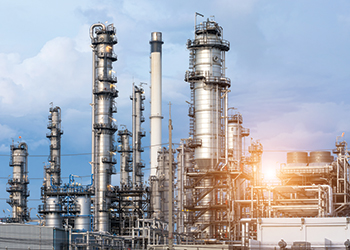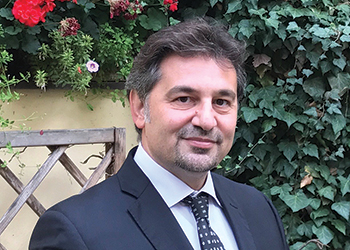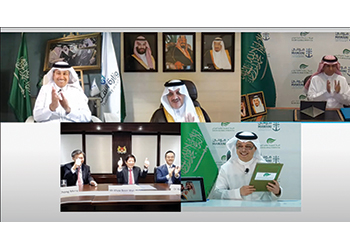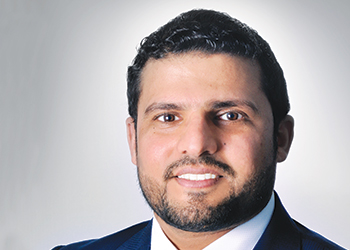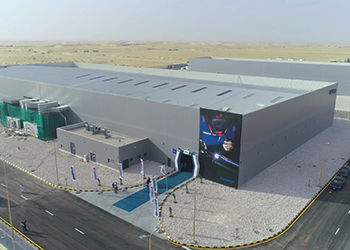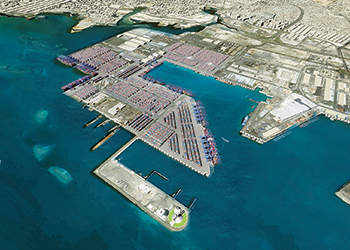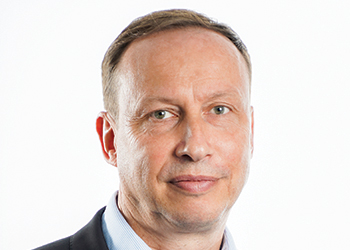
 Randet ... partner to Saudi Arabia's Vision 2030
Randet ... partner to Saudi Arabia's Vision 2030
With hydrogen tipped as the fuel of the future, producers like Air Liquide Arabia are tapping into its potential to play a key role in a clean, secure and affordable energy for tomorrow
Air Liquide Arabia (ALAR) is Saudi Arabia’s leading hydrogen partner, with the infrastructure, capabilities and experience to deliver on its promises on innovative gas solutions and efficiencies and help Saudi Arabia to sustain its energy leadership.
Formed in 2007 as a joint venture between Air Liquide and TAQA (Air Liquide is majority shareholder with 65 per cent shares), ALAR was the first company to introduce hydrogen networks in the kingdom. Today it runs an unrivalled hydrogen pipeline infrastructure stretching a total length of 37 km and having a total hydrogen transport capacity of over 500,000 Normal cu m per hour each on both coasts. It boats operations in Jubail, Yanbu and Qurayyah.
ALAR uses cutting edge technology to produce, store and help customers in Saudi Arabia use hydrogen in the most efficient way possible, resulting in feedstock savings of 20 per cent and the recovery of underutilised hydrogen from off gases that saves 20 per cent of carbon dioxide (CO2) emissions.
 |
ALAR's hydrogen production site in Yanbu |
"We are a partner to the Kingdom in achieving Vision 2030. Our hydrogen infrastructure and industrial gas solutions and technologies have delivered strong performance and value to all our stakeholders in the Kingdom over the last decade," ALAR Olivier Randet, Vice-President, Middle East and India Cluster - Air Liquide, tells Abdulaziz Khattak of OGN.
But what is it about hydrogen that makes it seem like a favourite element.
Well, for one, hydrogen plays an important role in the oil and gas industry, particularly during the refining process. Refineries use hydrogen to process crude oil into refined fuels such as gasoline and diesel, and for removing contaminants such as sulphur, which helps prevent acid rain.
Hydrogen is also used in the petrochemical industry for the conversion of various basic feedstocks into intermediate and final products. In the polysilicon industry, manufacturing facilities require large amounts of hydrogen to react with trichlorosilane gas to produce silicon.
But Hydrogen is also dubbed as the fuel of the future and can play a critical role in lowering carbon emissions globally. The Hydrogen Council recently suggested that hydrogen could meet 18 per cent of the world’s energy demand by 2050, and contribute 20 per cent of the abatement required to limit global warming to 2 deg C while creating a $2.5-trillion market that would create 30 million jobs.
Randet says hydrogen is critical to a clean, secure and affordable energy future and has huge potential to lower CO2 emissions across sectors in the Kingdom and the Middle East in general, including long-haul transport and chemicals.
Technologies can enable hydrogen to produce, store, move and use energy in different ways. Hydrogen can also store energy from renewables, which is a space that is gaining traction in the region. This is true for the southern hemisphere, where the exposure of the sun allows to produce greater energy from renewables and therefore potentially opening up export opportunities, Randet says.
In a shifting energy landscape and the transition to a circular carbon economy, Hydrogen’s role is seen as crucial.
An ALAR SMR unit in Yanbu
INFRASTRUCTURE IN YANBU

ALAR’s hydrogen infrastructure in Yanbu consists of a global scale hydrogen production site of 340,000 Normal cu m per hour production capacity, which is connected to its 16-km hydrogen pipeline network.
As part of a long-term agreement, ALAR supplies hydrogen to the Yasref refinery in Yanbu. A joint venture between Saudi Aramco and Sinopec, the refinery uses 400,000 bpd of Arabian heavy crude oil to produce premium transportation fuels. Made up of two global-scale hydrogen production units and one purification unit, ALAR’s hydrogen production site is located within the YASREF refinery premises.
ALAR is also supplying hydrogen through its pipeline network to other leading refineries and large industries within the Yanbu basin.
JUBAIL PIPELINE NETWORK
ALAR’s pipeline network in Jubail industrial basin spans over 21 km, and has a hydrogen transportation capacity of over 200,000 Normal cu m per hour, connecting sources of hydrogen to industries that need it in Jubail I and II.
Through this network, ALAR provides hydrogen not only to large industries, but also to SMEs in industries such as petrochemicals, polysilicone and glass thus supporting the development of the downstream sector in Jubail and the country.
In Jubail, ALAR is focused on hydrogen recovery, utilising what already exists — since hydrogen can be a byproduct of other industrial processes — to meet customer demand and contributing to the creation of a circular economy around hydrogen.
Speaking of hydrogen recovery, ALAR’s cryogenic process, which involves cooling and condensing feedstock, allows to recover 97 per cent of hydrogen that would otherwise be wasted, resulting in significant cost benefits and efficiencies for clients.
COMMITMENT TO VISION 2030
ALAR’s disciplined approach to investment, and its development of hydrogen production and recovery allow it to help optimise the Kingdom’s natural resources, reduce its CO2 footprint and contribute to a low carbon society, all contributing to Vision 2030.
As an early investor in the Kingdom, Randet says ALAR will keep developing its infrastructure to supply growing hydrogen needs and contribute to the development of Saudi Arabia’s industrial sector.
Its pipeline networks are also significantly contributing to Saudi Arabia’s downstream investments and localisation drive.
To help Saudi talent learn and grow, ALAR offers learning and development programmes in addition to partnering with renowned universities aim at developing national talent and helping them flourish in their careers.
"Our IKTVA score of 62 per cent and Saudisation rate of 60 per cent with an annual increase of 5 per cent is a testament to our efforts. In fact, we are the only company among our competitors to have an IKTVA score," says Randet.



















































































